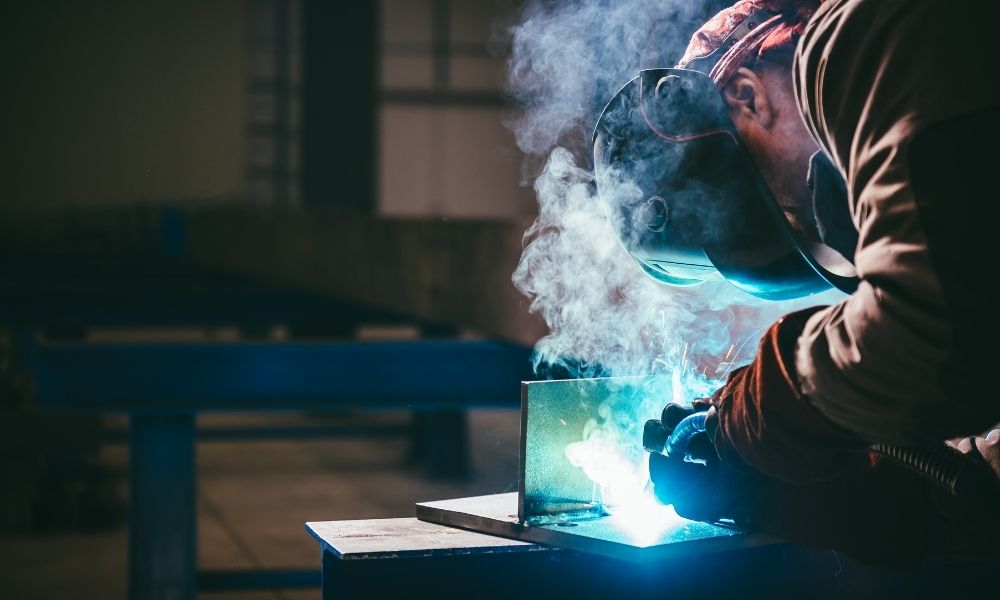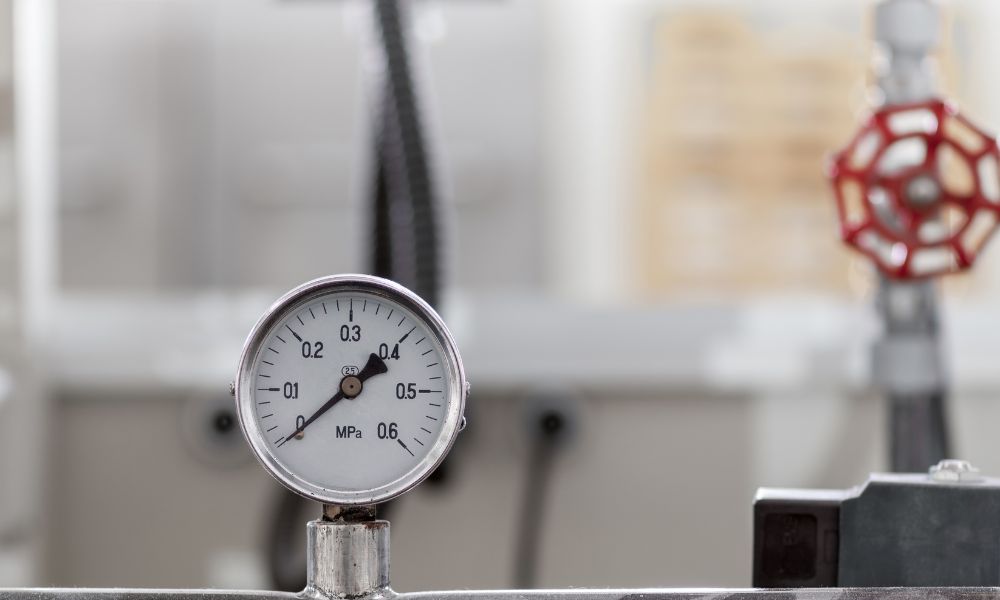
Many industries within society are crucial yet inherently hazardous. Jobs such as welding, pharmaceutical manufacturing, and auto repairs expose individuals to chemicals and metal fumes. These toxins cause both short and long-term issues if not addressed properly. Here is information on how toxic fume exposure affects the body so you can be sufficiently prepared.
Short-Term Effects
Overexposure to chemical fumes will cause symptoms almost immediately. These acute effects include irritation in the throat or nose, blurred or strained vision, and even fainting. Some fumes can cause headaches, dizziness, increased heart rate, and confusion. But do these ailments significantly damage your body?
Rashes caused by chromium or nickel may injure your skin for many weeks, while irregular heartbeats can be fatal for at-risk individuals with existing heart problems. Ultimately, most acute exposure isn’t catastrophic, especially if acute effects are identified and rectified quickly (such as medical intervention or seeking fresh air).
Long-Term Effects
Long-term exposure to chemical fumes and toxins is much worse for the body, and some of these ailments last an entire lifetime. The main risk for your overall well-being is cancer; weld fumes, in particular, can mutate cells, leading to cancer of the lungs, urinary tract, skin, or larynx.
Other prolonged health issues include stomach ulcers, damage to the kidney, development of metal fume fever, or nervous system damage. Manganese is known to cause symptoms similar to Parkinson’s disease. Long-term fume exposure will most likely develop long-lasting respiratory issues and complications for the individual.
Preventative Practices
So, in what ways do these industries prevent chemical-related injuries and ailments for their employees? For starters, workshops and warehouses where these toxins are common are always properly ventilated. They have sufficient natural dilation and mechanical assistance, such as industrial fans and vents. Another common way to stop fumes before they can cause damage is by implementing source capture extraction devices.
Lastly, all employees within these working environments are regularly educated on the dangers and always wear appropriate personal protective equipment.
Understanding how toxic fume exposure affects the body can better prepare you and others for potential injuries and ailments. If you work within one of these industries, ensure you always use preventative practices while handling chemicals and quickly identify any adverse symptoms before issues arise.






